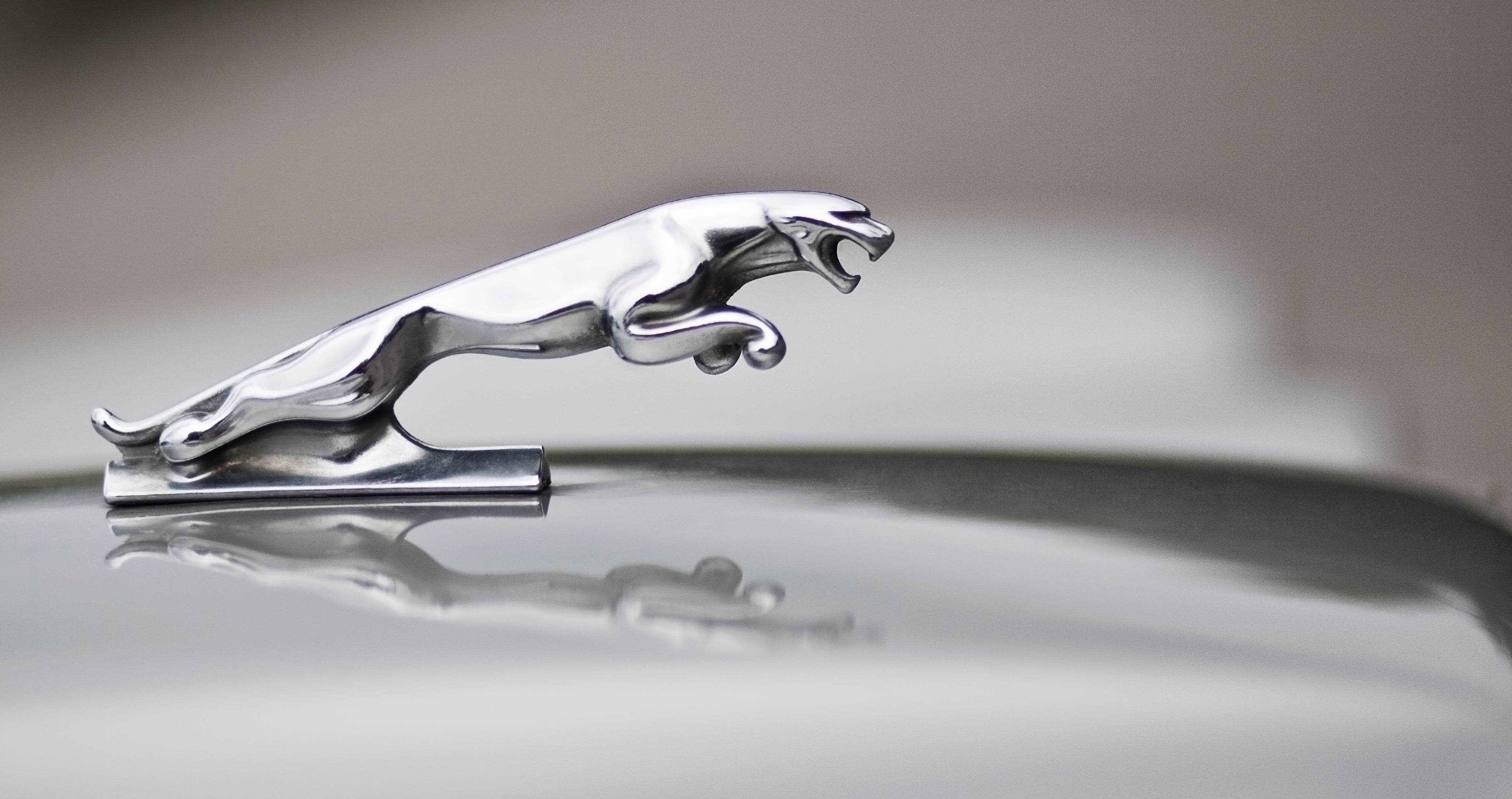
Jaguar's Rebrand Sparks Online Debate: Confusion and Backlash from Critics
Jaguar’s recent rebrand has sparked significant backlash online, drawing both confusion and anger, particularly from anti-“woke” critics. The British luxury automaker, which is undergoing a major shift towards electric vehicles, unveiled a new logo and an eye-catching advertisement designed to emphasize creativity and modernism. However, the response has been overwhelmingly negative, with fans and online influencers expressing their displeasure.
The controversy began when Jaguar posted a new ad on social media. Featuring models dressed in colorful, avant-garde fashion, the ad promotes messages like “live vivid” and “delete ordinary.” It also reveals a reworked version of the iconic Jaguar logo—a more minimalist design with a mix of capital and lowercase letters, paired with a stylized “leaper” emblem. The new direction, which the company describes as a bold transformation, clearly aims to appeal to a younger, more diverse audience. Jaguar’s press release further clarified that this rebranding marks the start of a completely reimagined brand identity. Still, the announcement wasn’t well received.
Also Read:- Australia's Bowling Masterclass Dominate Day 1 Against India in Perth Test
- Franz Wagner’s All-Around Performance Highlights Magic’s Loss to Clippers
Among the loudest critics were figures like Tesla’s Elon Musk and divisive influencer Andrew Tate. Musk quickly pointed out that the ad failed to feature any cars, asking, “Do you sell cars?” His tweet garnered massive attention, with more than 164,000 likes, far surpassing the 9,000 likes on Jaguar's original post. Tate, known for his controversial views, also voiced his dissatisfaction, calling the ad “gay bullsh*t” and claiming he would never purchase a Jaguar again. This level of criticism, especially from high-profile figures, has made the rebrand even more contentious.
Other anti-“woke” commentators joined the chorus, drawing comparisons between this and the infamous Bud Light controversy of 2023, where the beer brand faced a backlash for its partnership with transgender influencer Dylan Mulvaney. Conservative British television host Bev Turner also mocked Jaguar's ad, suggesting it resembled “the wokest, most pretentious, gender-ambiguous piece of self-satisfied A-level art” that could have been generated by artificial intelligence. On social media, many expressed disappointment, accusing Jaguar of abandoning its loyal customer base in favor of political correctness and diversity.
Despite the criticism, Jaguar has stood firm on its new direction. The company has responded to detractors on social media, defending the brand's transformation as a “renaissance” and asking consumers to remain patient as more updates are revealed. The company has emphasized that it is preserving its iconic legacy while embracing a dramatic forward leap. Jaguar’s planned transition to an all-electric lineup by 2025, coupled with the rebranding efforts, signals the company's attempt to adapt to the demands of the modern automotive market.
Jaguar’s rebrand marks a bold step as it aims to reposition itself for the electric car era. However, this has led to a polarized reaction, with some fearing it will alienate the brand's traditional audience. As the company pushes forward with its reimagined identity, only time will tell if this bold move will pay off or whether it will become a cautionary tale of trying to balance innovation with public expectations.
Read More:



0 Comments